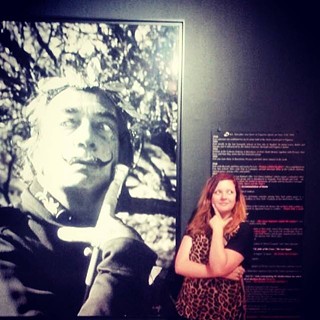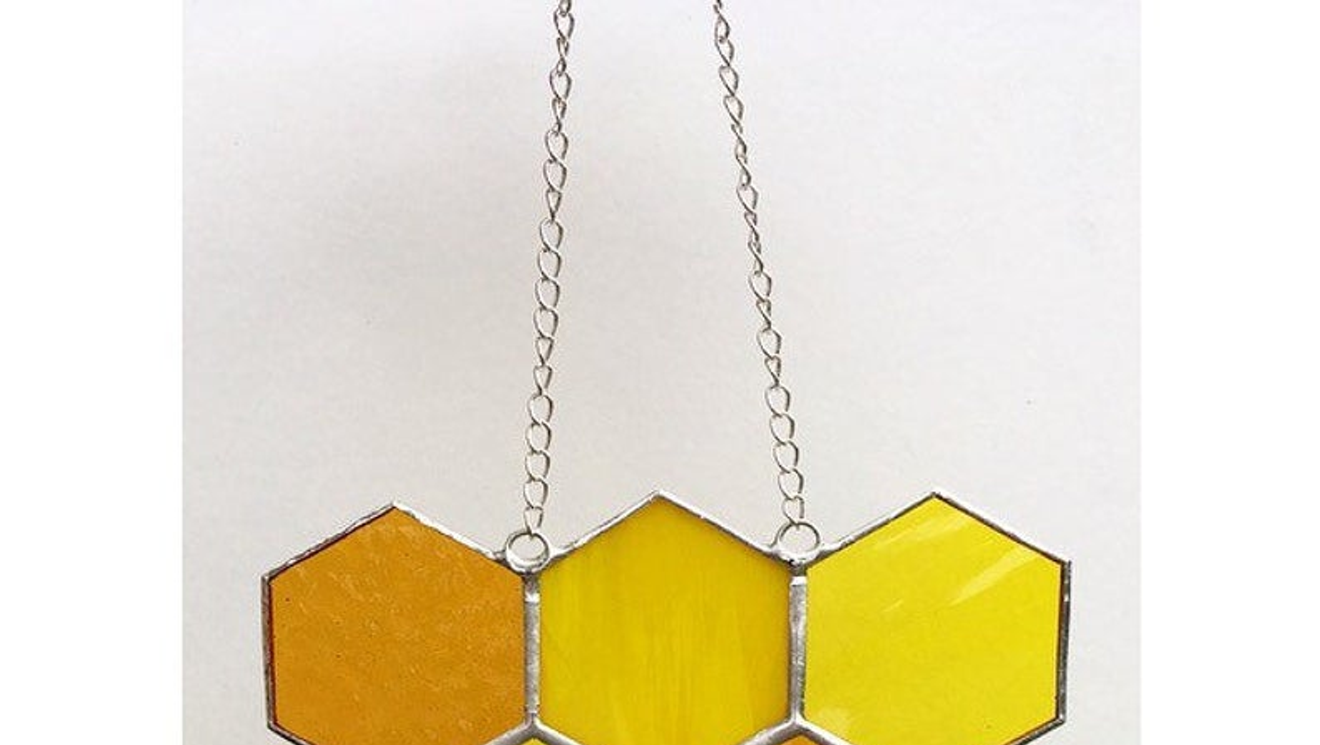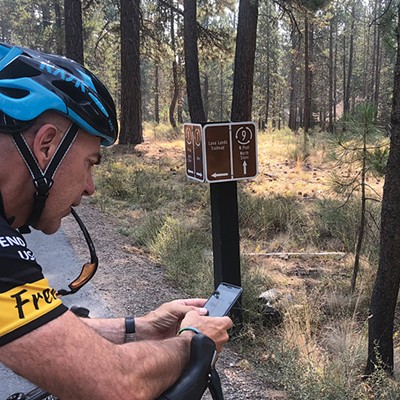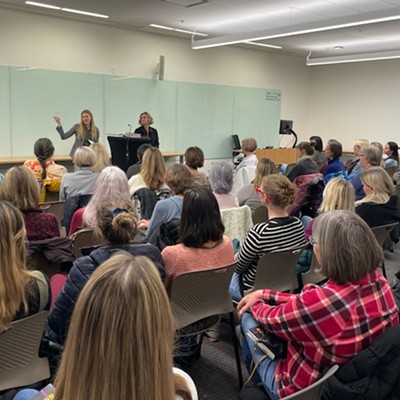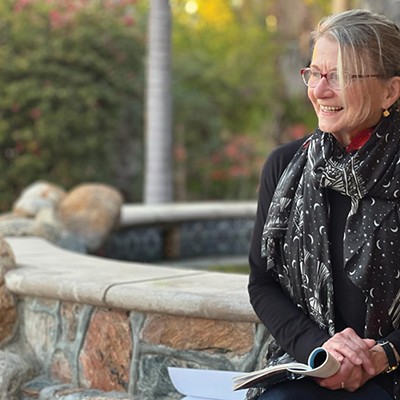"At fourteen I turned Dark. Now, I'm Celia the Dark," proclaims the first line of Karen Finneyfrock's "The Sweet Revenge of Celia Door," like a high school battle cry. The line foreshadows the dark and boiling coming of age story that follows, the young adult version of gothic literature, combining romance and friendship with the horror of growing up a misfit.
The titular protagonist starts high school completely friendless, and with a mysterious incident from her eighth-grade year looming over her. She quickly meets Drake, a transplant to Hershey from New York City who befriends her and confides in her about his homosexuality. This unexpected attention draws the cruelty of the school's popular girls, who would rather die than see misfit Celia happily settled with a friend. The novel is thoughtful and sweet, and captures all of the raw discord of being a teenager.
Finneyfrock didn't get her start writing fiction. Before the publication of "Celia Door" earlier this year, her focus was on her nationally renowned spoken word poetry, which secured her spots at the National Poetry Slam and a book deal. Her first book of compiled poems, "Ceremony for the Choking Ghost," was published in 2010, a collection inspired by the sudden tragic death of her sister.
Her poems—like the novel that would follow—are to the point. No cotton-candy wordplay, just concrete, centered imagery with succinct, unintimidating, but beautifully crafted stanzas. Finneyfrock creates meaning with a levitating flow without getting too heady or existential. It's poetry for the non-poetic.
Aside from the excerpts of poetry that Celia scribbles furiously into her marbled notebook, Finneyfrock's first work of prose in no way betrays her background as a poet. Her storytelling is casual, with a natural flow, making it a quick and effortless, but wholly entertaining read. The plight of Celia unfolds in a rush of hormones, parental frustration and rebellious desires, but Finneyfrock treats Celia as an equal—a testament to her work with young adults—her thoughts, no matter how inconsequential or obviously misguided are never dismissed, but rather contextualized and artfully arranged to tell the story of her young life.
Last week, she chatted with the Source about poetry, prose and Hershey, Pa.
SW: How do you define a successful poet?
KF: For poetry there's no outward markers of success. It's how close the poet gets to feeling like they have captured their genuine voice and experience in the poem. For poets, the feeling that they have captured something authentic is the mark of success.
It has been about eight months since the release of your first novel. Can you tell me what you've been up to? What was the transition like from slam poet to prose author?
That was a leap of faith. I had never taken a class in writing fiction. My main goal was to prove to myself that I could finish a book. The desire to not quit kept me going.
Now I'm doing both fiction and poetry. I just completed my second manuscript, which will be published this summer. That has been a huge part of what I've been up to. It is also young adult fiction, and it's set in the Pacific Northwest. It takes place in rural Washington.
It sounds like your fiction made the same geographic move that you did, East Coast ("Celia Door" is set in Hershey, Pa.) to West Coast (Finneyfrock currently lives in Seattle).
I grew up on the East Coast and moved out here and fell in love with the West Coast. I wanted to pay homage to the two places I have lived. One of my favorite parts of writing the second book was attempting to capture the landscape of the Pacific Northwest, that was a special challenge.
Are you still writing poetry or are you a prose writer now?
I'm still writing poetry. I'm one of the editors of an upcoming anthology called "Courage: Daring Poems for Gutsy Girls" by adult women poets writing poems for teenage girls. Through creating Celia, and because I work a lot with teens, I'm passionate about teaching poetry to teens. We tried to put together a collection that speaks to teenage girls.
When you were growing up, were you Celia? How much of her teenage misery and learning was based on you? It feels like Celia would grow up to write this book.
My idea was to pay homage to my best friend, my most important friendship growing up. He is a gay man. He didn't come out as young as Drake did. Although so much of the book is fictionalized, it's about the special connection between Celia and Drake that mimics my connection with my best friend. Without him I couldn't have gotten through high school in a way where I could discover who I was.
Did you have particularly painful teen years?
The bullying I experienced was not similar to Celia's, but I feel like all of the parts of the story come from somewhere in our own experience, they are morphed and changed. I identify with Celia feeling weird, as a lot of high school kids do.
"Celia" is set in Hershey, Pa. What's the significance of Hershey to you? I loved the idea of this super sweet candy-coated town juxtaposed with these darker realities of the book. Is Hershey a real place?
There is a Hershey, Pa. I went there as a kid, it's popular vacation spot when you grow up on the Eastern Seaboard. It's such a fascinating place. It's this incredibly quaint town. Milton Hershey did some great things, he created an orphanage that was important to so many kids, but it is also true that Hershey is this multinational corporation. So much chocolate production cannot be separated from slave labor. That, to me, became this symbol for the world we are living in in the United States. It's all mixed up. It can't be boiled down to good and evil. Kids love the idea of candy on the one hand, it's so sweet and fun and innocent. It's also just full of sugar making them wild and unable to concentrate in school.
When you speak at events like NOW, what can people expect? Poetry, prose, both?
It's a delirious mix of the two, which is where my creative brain lives. I don't always know which I'll work on [poetry or prose] when I wake up in the morning. Certainly there will be dose of both.
Karen Finneyfrock will present at Rising Star Creative Writing Competition Awards Ceremony, Central Oregon Community College, Hitchcock Auditorium, Thursday, Nov. 7, 7 pm, free. She will offer a workshop on poetic forms in fiction and will flash read at an author reception at Tower Theatre, Friday, Nov. 8, 7 pm, $30; and workshop at OSU-Cascades Campus, Cascades Hall, Saturday, Nov. 9, 1–3 pm, $45.
Suggested non-vampire/werewolf/wizard young adult fiction reads
"The Fault in Our Stars" by John Green
"Eleanor & Park" by Rainbow Rowell
"The Beginning of Everything" by Robyn Schneider
"Thirteen Reasons Why" Paperback by Jay Asher
"It's Kind of a Funny Story" by Ned Vizzini

